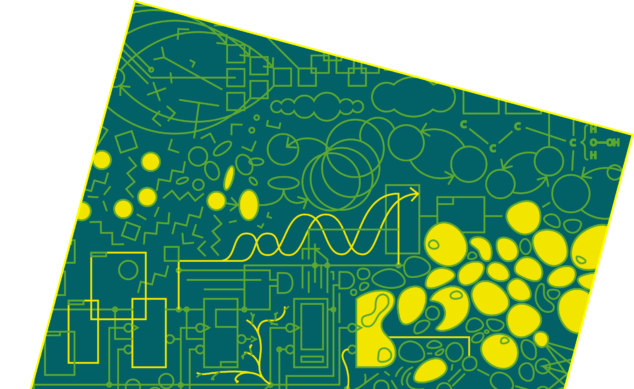
- This event has passed.
Towards an Ecology of Technoscience – Massimiliano Simons

Abstract:
New emerging sciences and technologies – such as AI, synthetic biology, or robotics – are too often discussed in isolation. As a result, little attention is paid to the potential commonalities and ways in which they can inform each other. In this talk, I want to focus on aspect of what many of these technosciences have in common: attempts to harness the self-organization of systems in order to design new technological artifacts. This involves a certain loss of control: the scientists do not have full control over the outcome, but grant the system under study a certain autonomy.
The most obvious case of this is machine learning in data science, where a problem – often in the form of discriminating between data – is solved not by rational design, but by letting a self-learning algorithm find patterns for us. While this can be effective, it also leads to the problem of opacity: the process by which the problem was solved often remains a black box, with all the risks that implies. In this talk, I will argue that this problem is not unique to data science, but is also at work in other sciences. I will focus on the life sciences, and in particular the method of directed evolution in synthetic biology, which follows similar lines: solving a set of problems – how to design specific molecules or enzymes – not by rational design, but by creating a context in which natural selection solves the problem for us.
The goal of this talk is to work toward a more general framework for how and why the technosciences can be characterized by this fascination with self-organization and loss of control.
This event is part of our winter semester 2023/24 Lecture Series Lifelikeness.
To take part either online or in presence, please register with events@khk.rwth-aachen.de.

